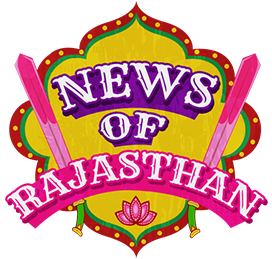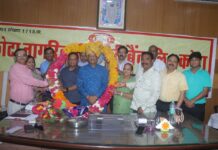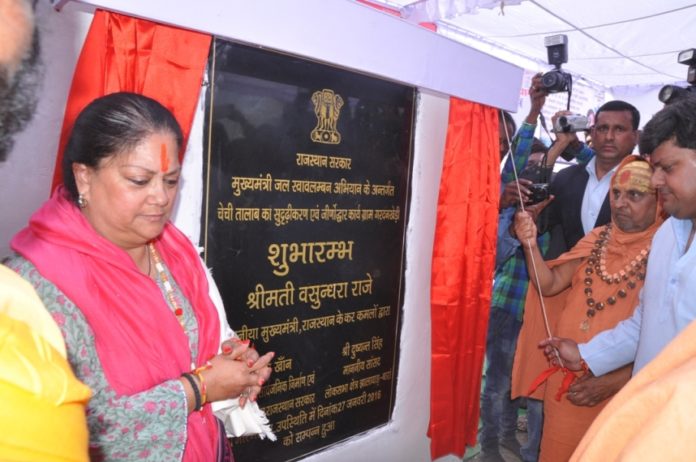
Unavailability of water is a big issue Indian states face. Talking about Rajasthan, the state has found out a way to encounter the water issue. Mukhyamantri Jal Swalamban Yojana (MJSA) is a great step in that direction. Launched by Vasundhara Raje, the chief minister of Rajasthan, Mukhyamantri Jal Swalamban Yojana is making villages self-sufficient in water through public participation.
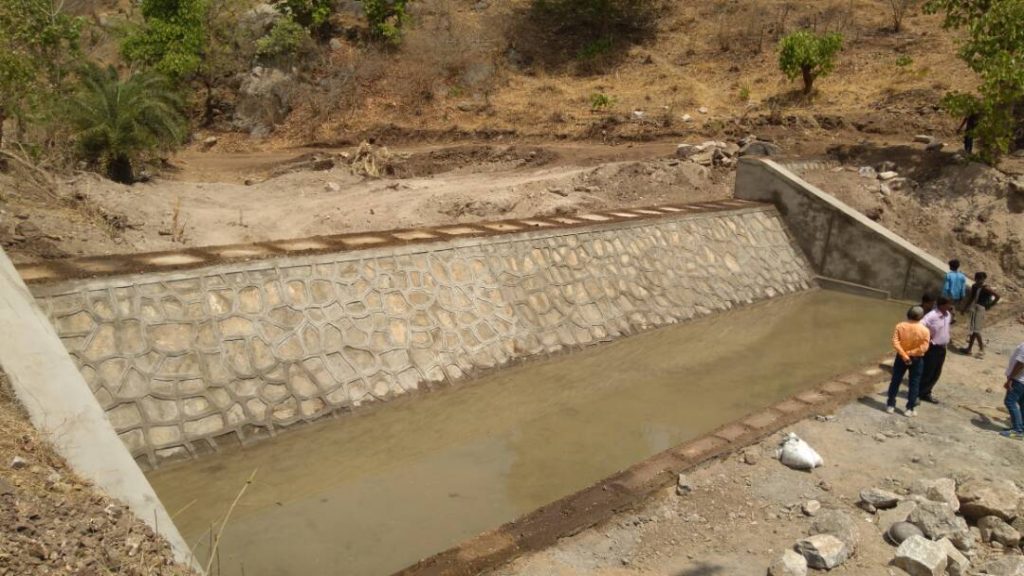
To make this policy effective, a new watershed structure is envisaged which is executed by Sriram Vedire, chairman of Rajasthan River Basin and Water Resources Planning Authority. This watershed helped in implementation of policies under MJSA by linking it with the Kakatiya-era chain-link-tank system practiced in Telangana.
This yojna was launched in year 2016 by Smt Raje. After the launch of this yojna, 6600 villages across Rajasthan have been benefited.
There is also increase in the ground level of water in Udaipur district of the state by around six metres, said Bishnu Charan Mallick, District collector, Udaipur. He further added that this yojna has recharged ground water. Thus, there is increment in ground water level by 5.8 meters.
“Earlier the water level across the district was above 50 feet. And during the summer most of the wells and the bore well went out of water. But now initiative taken under the MJSA, the ground water level has come up to three feet, water level has increased in well and bore well which were earlier dried up. Dependence on water tanker has also almost finished,” Mr Mallick added.
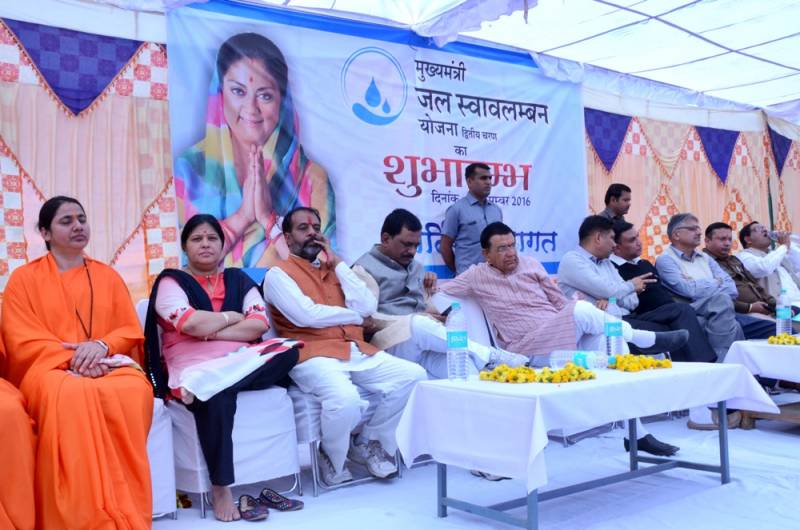
Benefits of MJSA in Udaipur district
Out of 602 hand pumps, 314 dry hand pumps are now functional.
On an average in the district cropped area has increased by 3.37 percent.
Most of the cultivators have changed their cropping pattern from traditional to other crops and agriculture production has increased by 18 to 25.
Initially the plan was not welcomed by the residents or legislator as well and termed an eyewash and wastage of public money by the state government. Now, it is successfully implemented and benefitting farmers.
